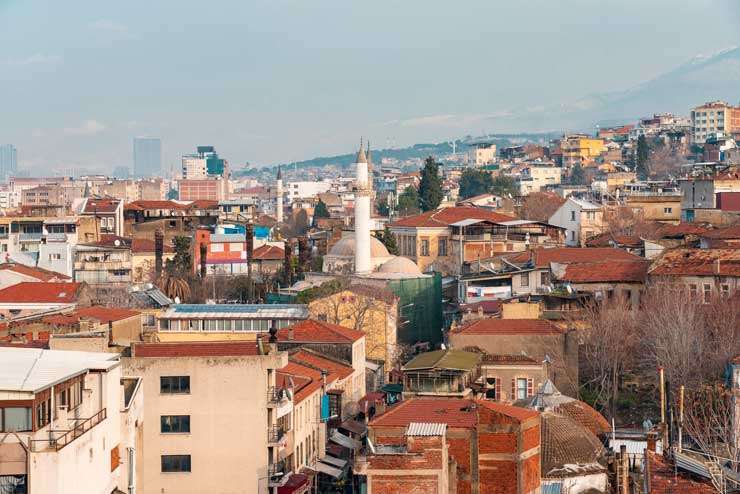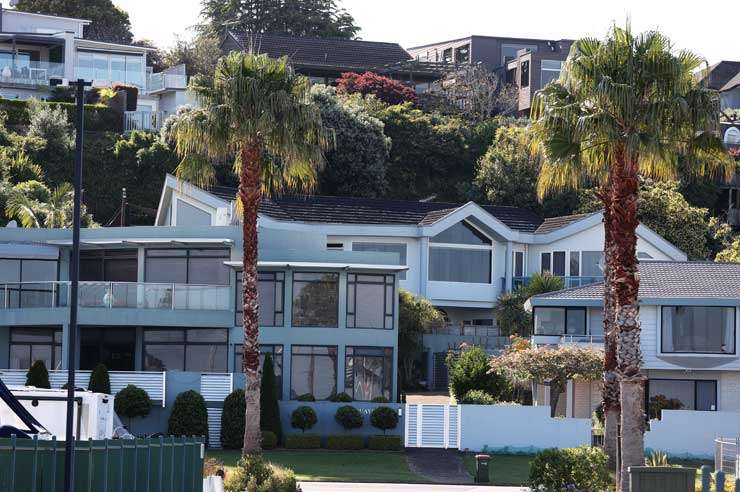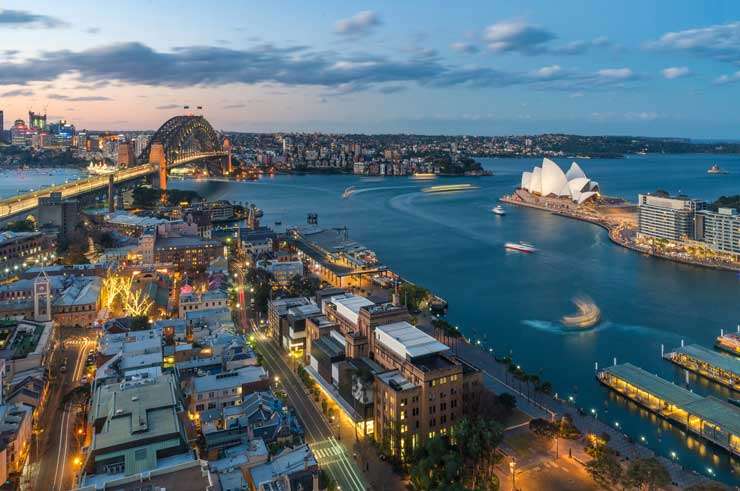Wellington has been ranked second in the world for house price growth, in a new global comparison of housing markets in 150 major cities.
The median sales price in the capital jumped 33.55% to $1.1 million in the 12 months to the end of September, according to the latest Bayleys Knight Frank Global Residential Cities Index.
The city that took the top spot in the list is Izmir, in Turkey. The sprawling metropolis on the Turkish coast witnessed a 34.8% spike in house prices over the 12-month period, with the average cost of an apartment in the city 600,000 lira (N$72,000) and a villa costing 5 million lira (NZ$600,000).
Auckland, where house prices grew 21.1% to $1.2 million, now ranks 25th on the index, up 30 spots from last year's report year. Wellington climbed 23 spots over the year, and now sits above the likes of New York (37th), Tokyo (56th) and London (122nd).
Start your property search
The highest ranking Australian city on the list is Hobart, at No.7 with house price growth of 30.9%. Sydney, with house price growth of 23.7%, is ranked 18th on the index.
Chris Farhi, Bayleys head of insights, told OneRoof that the global comparison helped give perspective to domestic discussions about housing affordability in New Zealand.

Top of the index for house price growth is Izmir in Turkey. Photo / Getty Images
“This research highlights that strong house price growth is a global issue," he said.
“The average price growth across the 150 cities is at its fastest growth in 17 years. That was the beginning of 2005, the peak of the build-up before it slowed in 2006 and then we had the GFC.
“In New Zealand, everyone is talking about a housing shortage, but there’s actually also government stimulus too.
“We've seen that around the world, lower interest rates and government stimulus in response to the pandemic are factors consistently linked to house price growth.”

Houses in the Auckland suburb of Half Moon Bay. The city is ranked 25th in the world for house price growth. Photo / Fiona Goodall
Farhi said while the big jump in Wellington prices reflected growth in the city only, not the wider region of Hutt and Petone (unlike Auckland’s which covered the whole super-city region), the smaller size of the capital’s market means it has had more price volatility.
However, in his view, the city is not due a correction any time soon. “It’s still catching up with Auckland had. It’s not over-priced."
The city’s stable, mostly white-collar government workforce meant prices were still “in a sensible area”, he said. “In fact, they need more listings.”
Former BNZ chief economist Tony Alexander disagreed, picking a dip for the capital next year.
He said that Wellington’s soaring growth figures have been “out of whack” with the rest of the country, but prices had already passed their peak.
“By November, according to real estate agents, FOMO had almost gone in Wellington, and it is now a buyers' market – that's ahead of the rest of the country which was still saying it’s a sellers' market," he said.

Economist Tony Alexander says Wellington houses price growth is out of whack with the rest of the country. Photo / Fiona Goodall
“In fact, Real Estate Institute of New Zealand figures show prices dipped there by 1.5% in November, the first nationally. Prices for the quarter were up only 2.3% compared to 6.6% for the rest of the country.”
Alexander said that the capital’s prices were flat from 2008 to 2015 and undervalued, so had just been through a huge catch-up. “Now it’s due a correction in 2022. I expect it to be the first region to actually decline in prices,” he said, adding that prices in Christchurch, still in catch-up mode, might still rise while Auckland’s will flatten.
The Bayleys Knight Frank list shows Kuala Lumpur, with a price decline of 5.7% was the biggest loser. The other nine cities with negative growth were mostly in Italy and India, places hit hard and early by Covid-19.
“Every country is different, but in a lot of the west we had low interest rates starting 2018-2019,” Farhi said.
“But now government stimulus is starting to kick in and as a result of the pandemic supply-chain issues the conversation in 2020 turned to risk of inflation. In the last quarter before pandemic, only 7% of countries had growth above 10%, now 44% of them do.”

Sydney saw house prices grow 23.7% over the 12 months to the end of September. Photo / Getty Images
Bayleys national residential director Johnny Sinclair said New Zealand’s housing market still had huge momentum.
“But in December we saw some headwinds enter the market with banks adopting tighter lending criteria, rising interest rates and buyers heading away early for the Xmas holidays.”
He added that Bayleys expects the market for high-end $2.5m properties to remain robust going into 2022, as those buyers have high equity, but properties below $1.3m are likely to have some pressure taken off, and buyers will become more selective.
















































































